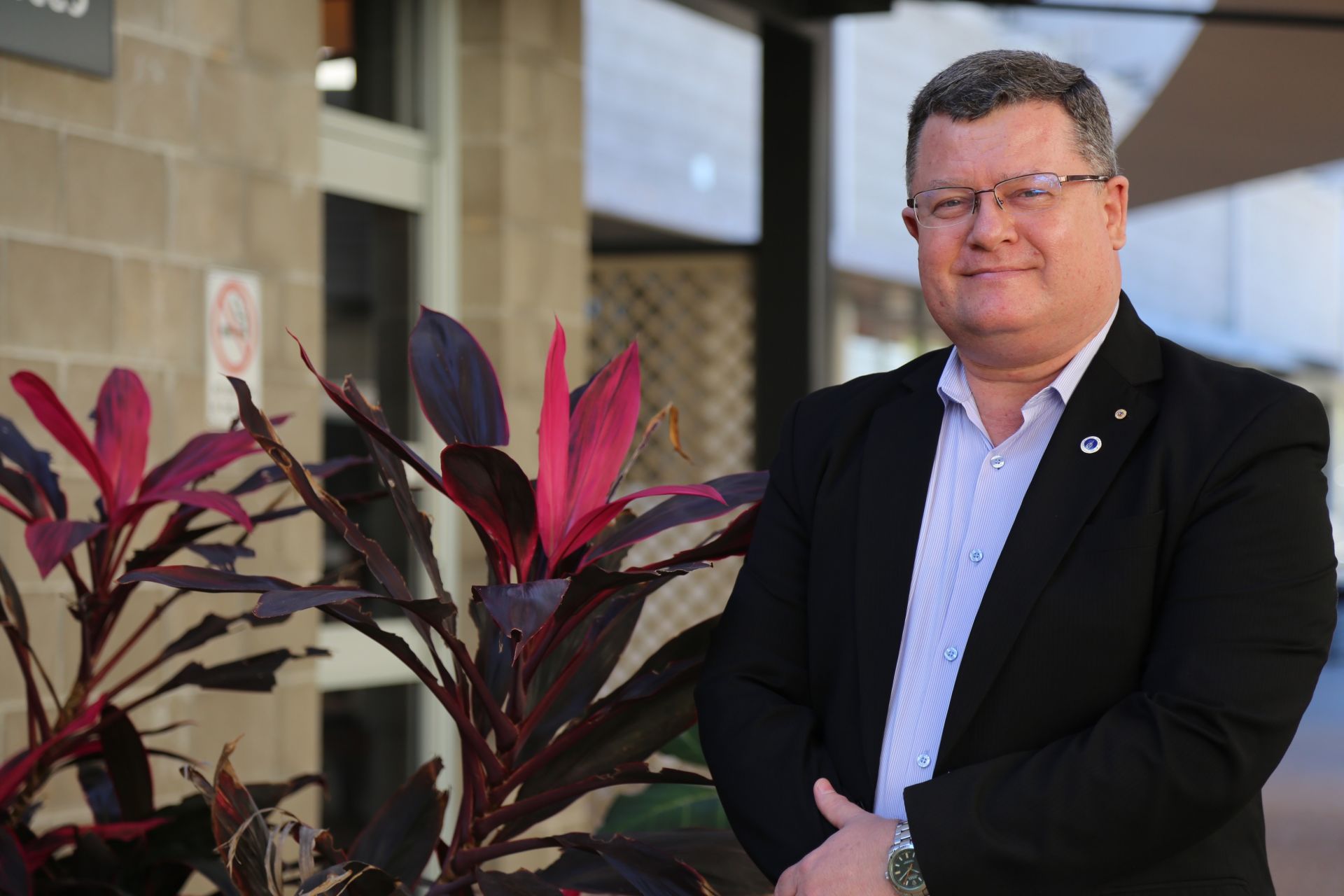Media Releases
JCU to continue fight against disabling tropical diseases with WHO

The World Health Organisation (WHO) has picked James Cook University as a partner to battle diseases that kill more than a million people and make more than a billion people sick every year.
JCU's College of Public Health, Medical and Veterinary Sciences (CPHMVS) has been re-designated a WHO Collaborating Centre for Vector-borne and Neglected Tropical Diseases (VBDs and NTDs) - recognising a long history of collaboration with WHO and providing a formal framework for future joint activities.
For 20 years JCU had been a WHO Collaborating Centre (WHOCC) for the Control of Lymphatic Filariasis, Soil-Transmitted Helminths and other Neglected Tropical Diseases.
Professor Peter Leggat, co-Director of the new WHOCC, said the re-designation means JCU will be broadening its remit to include the control of some of the world's most neglected tropical diseases, such as dengue and leprosy.
'We are thrilled to be working ever more closely with WHO and our network of partners towards controlling and eliminating some of these serious tropical diseases. The re-designation reflects our historic contributions to WHO, as well as our broad expertise and deep commitment in the field," he said.
''Through the CPHMVS and the Australian Institute of Tropical Health and Medicine (AITHM), JCU has established itself as a leading academic centre globally in education and research in tropical health and medicine," said Professor Leggat.
''The WHOCC's expertise will continue to be extremely valuable in supporting WHO's capacity to implement its mandated work in the global control of tropical diseases, for example in its long-term vision of a world free from some of the most neglected of the neglected tropical diseases," he said.
''The burden caused by vector-borne diseases, which account for one sixth of human illnesses and disability suffered worldwide, and neglected tropical diseases, many of which are carried by vectors like mosquitoes and ticks, account for at least 11 % of the global burden of disease. Some of them occur in tropical and subtropical Australia, such as trachoma, intestinal worms and dengue," said JCU’s Professor Maxine Whittaker, co-Director of the WHOCC.
'We know that neglected tropical diseases affect neglected populations - the 1 .4 billion people who are classified as the world's poorest, and for whom accessible health services, clean water and good sanitation are not available. Every year there are more than 1 billion cases and over 1 million deaths from vector-borne diseases, globally," she said.
Professor Ted Whittem, Dean of the CPHMVS, said the College will support WHO's capacity building priorities for effective control of vector-borne and neglected tropical diseases, including the scale-up and evaluation of WHO-recommended surveillance and response, control and elimination strategies.
"In addition to their impact on health, vector-borne and neglected tropical diseases contribute to an immense social and economic burden and can perpetuate the cycle of poverty. However, many of these diseases are easily preventable, and may be eliminated with improved water and sanitation, vector control, and universally accessible primary health care, as part of the United Nations Sustainable Development Goals.
''The WHOCC will support a holistic and interdisciplinary approach to people's health and wellbeing," said Professor Whittaker.
She said JCU will also continue to work in the field of elimination of lymphatic filariasis (elephantiasis).
Professor Whittaker said in addition to the invaluable work of providing assistance to affected countries and peoples, the WHOCC has the potential to provide placements and work integrated learning opportunities for JCU students as well as research education and research collaborations.
Media enquiries: alistair.bone@jcu.edu.au